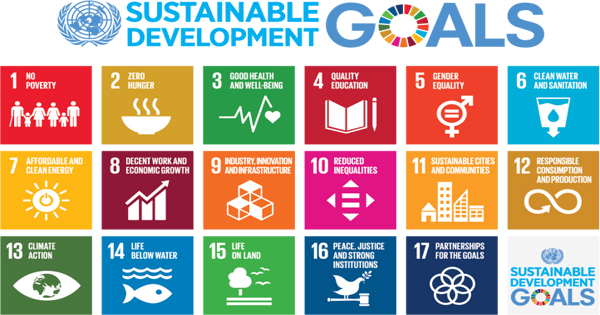Ghana’s plans to harness its non-traditional export (NTE) sector to reap in a projected revenue target of 25 billion USD in the next 10 years through the “National Export Development Strategy (NEDS), will be implemented in strict compliance with international regulations and standards on environmental sustainability, according to a statement from the Ministry of Trade and Industry.
The Sustainable Environment Strategy in Export Development, captured in the newly-launched NEDS document, will focus on developing, diversifying, and increasing exports without causing damage to the environment while complying with international best practices and requirements in the target market countries.
In line with the United Nations Sustainable Development Goals (SDG) 13 and 15, to combat climate change and protect the environment from pollution, the implementation of NEDS will incorporate advocacy for the adoption of efficient and renewable sources of energy as well as the use of biodegradable plastics.
Throughout its execution, Ghana’s exploitation and export of natural resources must follow sustainable environmental practices and norms to prevent environmental degradation.
The main problems underscored include the reckless exploitation of natural resources resulting in the destruction of forests, and pollution of land, air, and water bodies; the use of non-biodegradable packaging materials, and non-conformity to environmental standards.
Another major concern identified was non-compliance with regulations governing the handling, transportation, and disposal of hazardous materials in production processes.
New interventions underscored, according to the Ghana Export Promotion Authority (GEPA), will ensure that all export products from Ghana comply with international environmental management standards relating to quality and packaging standards.
As part of its implementation, NEDS will lead advocacy to educate manufacturers to comply with existing regulations on conservation and sustainable development of the country’s natural resources.
The initiative will also promote environmental awareness to boost national re-afforestation efforts as well as the planting of rare and special species.









































